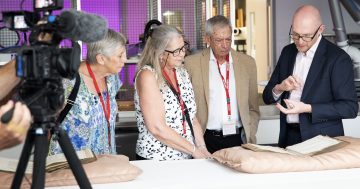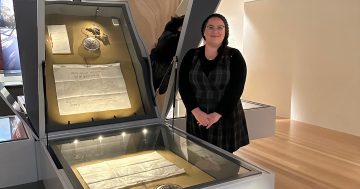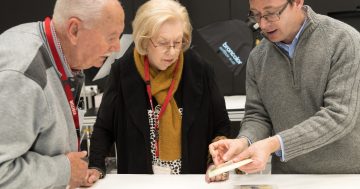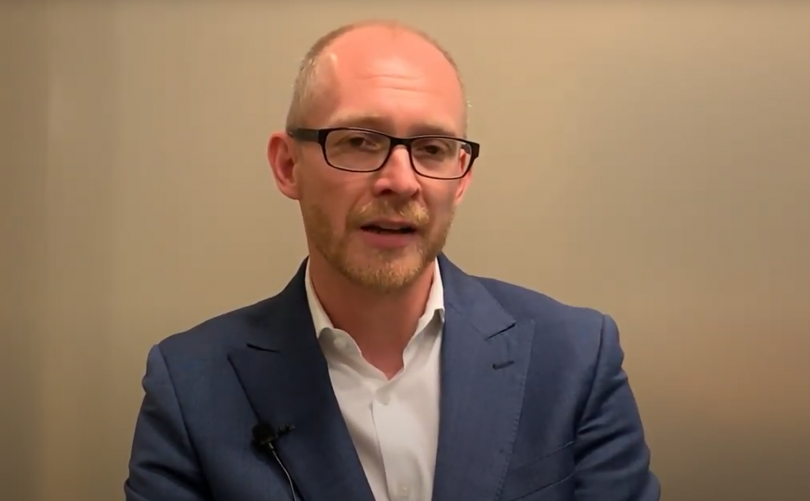
New National Archives of Australia director-general Simon Froude. Photo: Public Sector Network/YouTube.
Simon Froude will lead the National Archives of Australia (NAA) through the next phase of its transformation.
His five-year appointment as new director-general of the commonwealth’s government records collection and management agency begins on 23 May.
Current director of State Records of South Australia, Mr Froude replaces David Frickers who left at the end of last year.
Mr Froude’s lengthy experience in the SA public service includes as manager of Government Recordkeeping, SA Department of the Premier and Cabinet; Records Management, SA Department for Education; and Records, SA Department for Treasury and Finance.
Attorney-General Senator Michaelia Cash said Mr Froude’s considerable knowledge and experience in archives and records management, teamed with his change management, strategic and leadership capabilities would prove invaluable over coming years.
“I congratulate Mr Froude on his appointment to the important role of overseeing the National Archives which carries out the valuable work of managing government records,” Senator Cash said.
My Public Sector
Mr Froude comes into the role after a fractious period for the National Archives during which Mr Fricker and a public campaign lobbied for more government funding to digitise significant material at risk of being lost forever.
The government came through in July last year on the recommended $67.7 million in extra funding to digitise at-risk collection items after sitting on the report from former finance secretary David Tune for 18 months.
But it sent key proposals to a committee or to await the justification of a business case.
Mr Tune recommended the NAA assume authority and responsibility for information management, recordkeeping and archiving across the government, and these functions be consolidated into a single Government Information Management Model (GIMM).
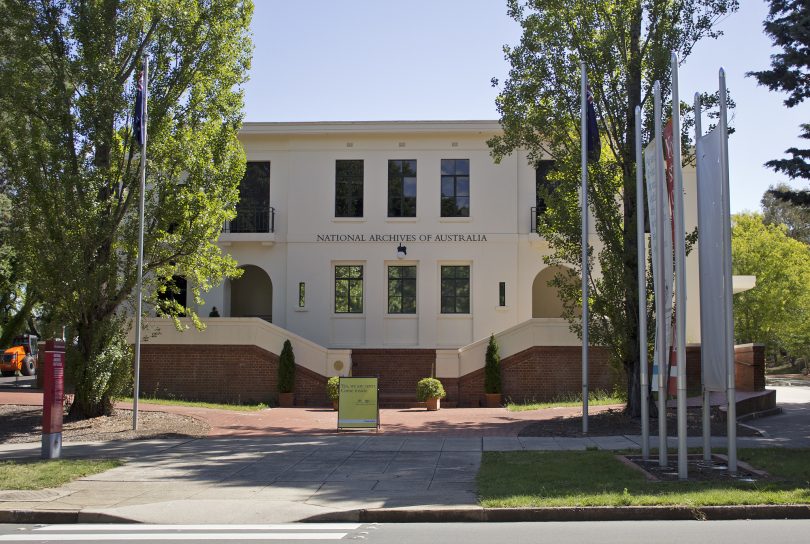
The National Archives building in Parkes. Photo: Region Media.
About 63 per cent of the 1000 staff employed by agencies on records and information management would transfer to the NAA while staying in their existing agencies.
But the government opted for “better collaboration and training across government”.
It also put off a proposal for a central storage, management and digitisation facility, saying the first step is to streamline existing facilities, relocate the national archival collection and better use key sites.
Mr Tune also recommended $167 million be spent boosting the NAA’s technological capability and cybersecurity. But the government said the NAA could use the resources of other agencies to enhance security.
Mr Fricker told a parliamentary hearing last August that the threat to the NAA was real.
“We will never sugarcoat … the scale of the threat or the need for us to continue every day to face new emerging vulnerabilities,” he said.
The government has also announced five new members of the NAA Council.
The five members include reappointed Suzanne Hampel and new appointees Rachel Connors, Dr Anthony Dillon, Alice Spalding and Amy Low. All members have been appointed for a three-year term.












